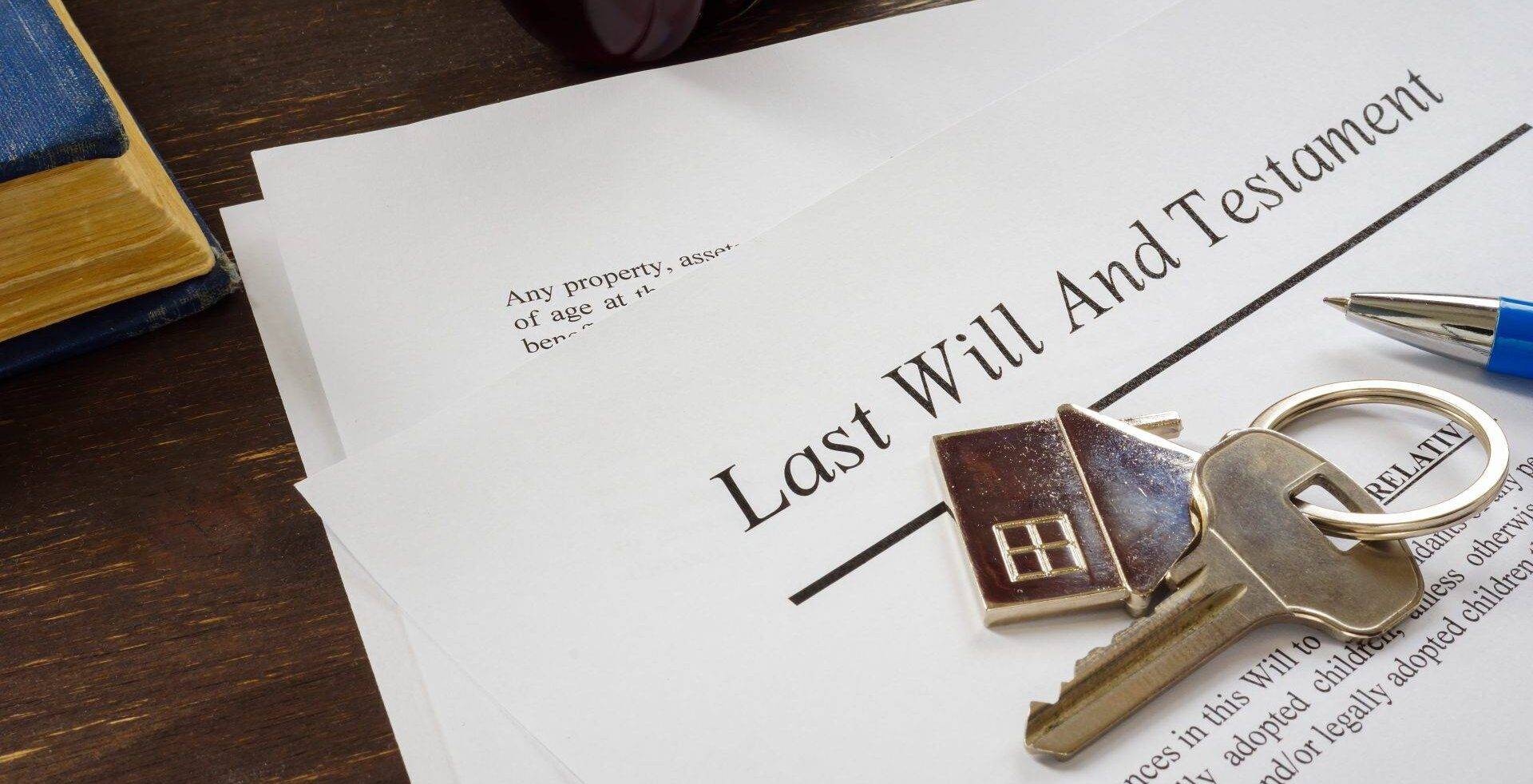In the case of Hughes v Pritchard and Others, the Court of Appeal overturned the decision of the High Court in the probate claim that Evan Richard Hughes lacked testamentary capacity to create a Will in 2016. This was despite a Solicitor and his GP assessing and confirming that he did have the capacity at the time of making the Will and during the case an expert supporting their determination.
The appeal raises some important issues about the proper weight to be given to the drafting solicitor’s evidence and a medical practitioner’s assessment of a testator’s testamentary capacity and the tasks which they need to undertake.
Hughes v Pritchard & Ors [2022] EWCA Civ 386
Case background
This case involved a dispute as to the final Will dated 7 July 2016 of the late Evan Hughes, who died in March 2017. Evan had promised to leave his farmland to one of his sons Elfed and had made a number of Wills to that effect. On the understanding that the farm would one day be his, Elfed worked long hours on the farm and invested his own money in its upkeep. Tragically Elfred predeceased Evan in September 2015.
In July 2016, Evan made a Will in which, among some other changes, he left his farmland to his other son Gareth, in contrast with his earlier Wills. The 2016 Will was drafted by a Solicitor, who, in light of Evan’s age and ill health, as it was said at the time he was suffering from moderate to severe dementia, satisfied herself that he had the capacity to make the Will by arranging for his capacity to be assessed by his GP. This was in accordance with the Golden Rule.
The GP, following an assessment, determined that he had no concerns regarding Evans’s capacity to make a Will and he was happy to act as a witness.
Elfed’s widow and his son argued that the 2016 Will was invalid such that Evan’s estate should pass in accordance with his earlier Will. They also argued that even if the 2016 Will was valid, then the farmland was subject to proprietary estoppel.
At first instance, despite both the Solicitor, Evan’s GP, and the parties’ joint expert concluding that Evan had the necessary capacity, the Judge concluded that Evan lacked testamentary capacity to fully understand the extent of the changes and thus the 2016 Will was deemed invalid. In addition, the Judge also relied on the GP’s oral evidence that he believed only small changes were being made to the Will and if he had known they were not minor changes this may have changed his view on Evans’s capacity at the time.
At the appeal, it was held that the Judge gave insufficient weight to the GP’s assessment of capacity at the time the Will was made and no weight to the assessment and evidence of the Solicitor. The Judge had also focused in error on whether Evan had the capacity to understand the change he was making from his previous Wills rather than whether he had capacity in the Banks v Goodfellow sense. The Judge also concerned himself if Evan had acted fairly between his beneficiaries. The Court of Appeal stated that this was not the law and as long as the Banks v Goodfellow test is satisfied, a testator is entitled to leave his estate as he thinks fit, however, unkind or unfair the dispositions may seem and does not have to provide a reason for it. The Court of Appeal concluded that if the proper weight had been given to the evidence of the Solicitor and the GP, then based on that evidence, the Judge’s conclusion was one that was not open to him, and the 2016 Will was deemed valid.
Comment
This case still highlights the importance to ensure that the ‘Golden Rule’ has been properly followed, and the healthcare professional assessing the testator’s capacity has been comprehensively briefed as to not only the terms of the proposed Will but crucially, how it differs to any earlier Will. In addition to the impact of the new Will and any potential claims that may arise against the testator’s estate as a result of it.
Finally, the issue of proprietary estoppel is still to be determined by the High Court on the question of detriment and remedy. Also, it is to be determined if equity can be granted after the death of the representative and it will need to be argued or pleaded that Elfed’s estate could not benefit from estoppel.
How can we help
Lesley Harrison is an Associate in our expert Dispute Resolution team.
Should you need advice on the subjects discussed in this article, please do not hesitate to contact Lesley or another member of the team in Derby, Leicester, or Nottingham on 0800 024 1976 or via our online enquiry form.
Contact usIf this article relates to a specific case/cases, please note that the facts of this case/cases are correct at the time of writing.


